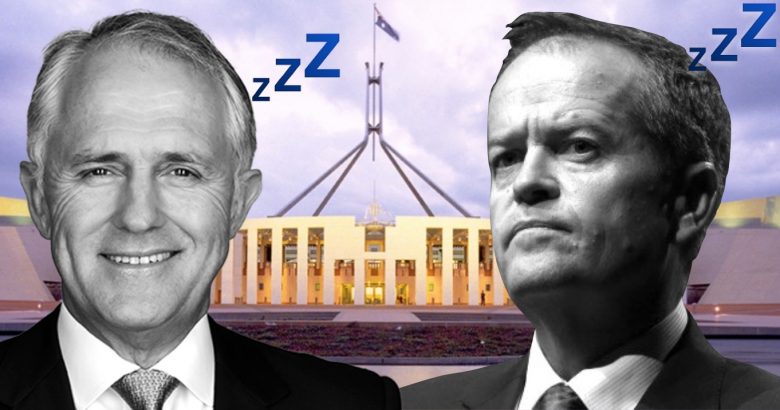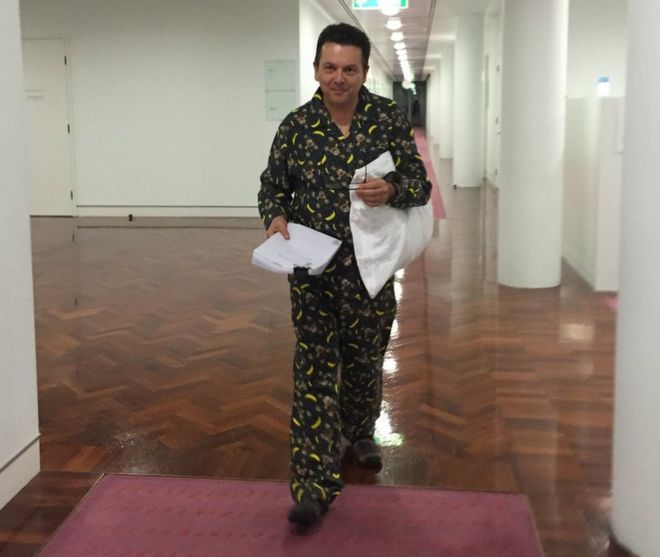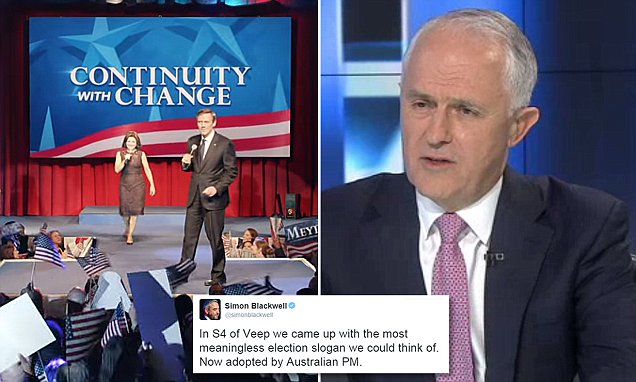
Australian Politics Needs Change: Why Our Current Leaders Are The Problem With The System
“Voters will only be further entrenched in their opposing distain to Australia’s political environment if Australian politics does not change”
Australian politics is a funny thing. There appears to be no middle ground in which you either are a political junkie or you have no apparent interest in the Canberra underworld.
Dissimilar to the United States, where politics is feverishly debated, Australians arguably do not take their personal policy decisions as seriously.
Coupled with compulsory voting, it’s easy to recognise how the rise of minority parties promising popular policies are elected to office.
There is no doubt that politicians need to be approachable to their constituency. Yet, the ever-present threat of the 24/7 media cycle in which one minor slip up can be timely headline news within minutes has left some politicians weary of certain action.
Others, such as attention-driven South Australian Senator Nick Xenophon, relish such media opportunities where he is able to get away with exercising certain political stunts.
For example, just recently he walked into the Senate chamber wearing his pyjamas.

Photo via BBC
Xenophon appeals to the demographic of voters that do not take their politics so earnestly. He isolates nonetheless the political astute who are more concerned with policy announcements and serious debates regarding Australia’s future direction.
In the same light, the overwhelming majority of contemporary politicians appear to be too driven on the serious and nitty gritty side of policy announcements.
Meanwhile, they precariously walk the tightrope of communicating their views, while trying not to put a foot (or word) wrong. In the end, the engaged public end up with meaningless noise that’s intentionally hard to translate and compare.
All too often in this campaign we’ve the rhetoric ‘jobs and growth’, a slogan while effective and appropriate for Australia’s current economic state, may not resonate with the everyday voter.
Lets also not forget the time Turnbull pinched the election slogan from political satire show VEEP. In the episode, the show attempted to create the most meaningless and inoffensive election slogan possible:

Photo via the Australian Independent Media Network
If anything can be taken from the US election, it’s that our major political parties don’t need to mould politicians in to meaningless and inoffensive figures. Attempting to appeal to everybody is sure to get you liked by no one.
The established two major parties should set their agenda on new audiences and learn a lesson or two from media-opportune representatives of parliament. The independents are becoming pros at playing the 24/7 media cycle by unashamedly sticking to their values and providing some personality. Because of this, we know who they are, we know what they represent, we can compare them and we’re able to distinguish exactly what we’re voting on.
Likewise, while gathering a large proportion of undecided votes, independents must adapt to becoming shrewd policy analysts. They are elected to parliament for a very serious reason with an imperative responsibility. It would also be foolish to think they have the capability to tackle every complex national issues with the same understanding and specialisation of the major parties.

Voters will only be further entrenched in their opposing distain to Australia’s political environment if Australian politics does not change.
Our nation’s political following will continue to dislike micro parties and the voters of populist politicians will not cast a vote for a major party if the trend does not change.
